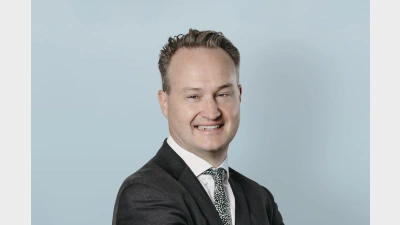Reputational risk in focus following post-GFC scandals


Financial services scandals following the global financial crisis (GFC) has led investment institutions to rank reputational risk alongside market risk, a study by The Economist Intelligence Unit and State Street Global Investors has found.
The global survey involved almost 300 employees of investment institutions and found that reputational risk and market risk were the top priorities (56 per cent) in 2013, ahead of investment risk (46 per cent), regulatory risk (34 per cent) and counter-party risk (24 per cent).
However, lines were drawn down geographical and employment-role lines.
In Asia-Pacific, the emphasis was on market risk, possibly due to the region's historically volatile equity market.
Asset owners were more preoccupied by market and investment risks than asset managers, who had a focus on reputational risk.
The study found that the priorities of risk managers and other executives were not always aligned. Risk managers saw counter-party risk as their third most significant risk, but this category fell to sixth place among other respondents.
The Economist Intelligence Unit said this reflected a greater emphasis on risk post the global financial crisis. Risk awareness has increased from 2007, when only 30 per cent of organisations rated risk as their highest priority compared to 78 per cent now.
However the role of risk managers was not well understood. It was found that often the perception of a risk unit's function differed among various levels of an organisation.
The study found risks were not always properly explained. With the advent of embedded risk management processes around the world, investment institutions had an opportunity to strengthen their communication around risk, the report said.
Recommended for you
Economic growth was weaker than expected, once again highlighting an economy largely sustained by population growth and government spending.
In this latest edition, Anna Shelley, CIO at AMP, shares the fund’s approach to current market conditions and where it continues to uncover key opportunities.
The mega fund has announced a $2.2 billion investment in a leading data centre platform, bringing its global real assets portfolio to nearly $60 billion.
In this latest edition, Australian Retirement Trust’s head of global real assets Michael Weaver explains the fund’s approach to finding new opportunities as it surpasses $300 billion in funds under management.













